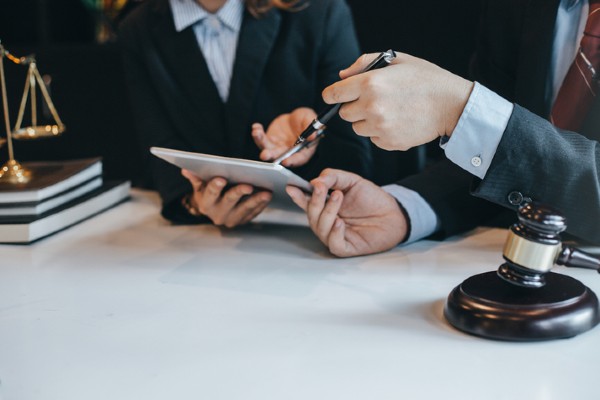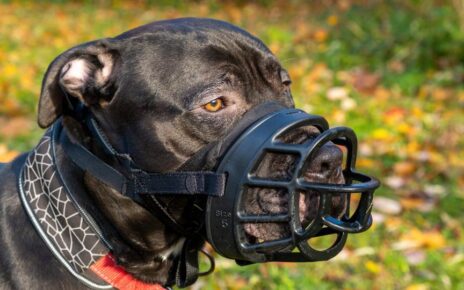Being accused of a sex crime is serious, and the evidence presented can significantly impact the outcome of a case. However, evidence is not always as strong as it seems—and a skilled defense attorney can challenge it in several ways.
If you or someone you know is facing sex crime charges, it’s crucial to understand how a criminal defense lawyer can challenge the prosecution’s evidence to build a strong defense.
In this article, we will explore:
- The types of evidence used in sex crime cases
- Common issues with sex crime evidence
- Legal strategies to challenge weak or unreliable evidence
1. Common Types of Evidence in Sex Crime Cases
The prosecution often relies on several types of evidence to build their case, including:
- Victim Testimony – Statements from the accuser about the alleged crime.
- Physical Evidence – DNA, clothing, injuries, or medical reports.
- Forensic Evidence – Analysis of bodily fluids, fingerprints, or hair samples.
- Digital Evidence – Text messages, social media posts, or emails.
- Eyewitness Testimony – Statements from people who claim to have seen or heard something relevant.
While these types of evidence can appear convincing, many are not as reliable as people think—and an experienced lawyer can challenge their validity.
2. How Defense Lawyers Challenge Sex Crime Evidence
A. Examining the Accuser’s Testimony for Inconsistencies
Victim testimony is often a key part of a sex crime case. However, human memory is not perfect, and even honest people can misremember events.
A defense lawyer will:
✔ Compare the accuser’s statements over time to find inconsistencies.
✔ Cross-examine the accuser to reveal contradictions.
✔ Investigate any personal motives for false accusations, such as revenge or custody battles.
If the accuser’s story changes significantly, it can weaken the prosecution’s case.
B. Challenging DNA and Forensic Evidence
DNA or forensic evidence is not always conclusive in proving a crime occurred.
A defense attorney can:
✔ Question whether the DNA only proves contact, not a crime.
✔ Investigate how the evidence was collected—errors in handling can contaminate samples.
✔ Challenge false positives or lab mistakes that could misidentify the accused.
For example, a DNA match may confirm contact occurred, but it does not prove lack of consent.
C. Disputing Medical Evidence
Medical reports can be misleading—injuries may not necessarily indicate a crime happened.
A lawyer might:
✔ Consult medical experts to offer alternative explanations for injuries.
✔ Challenge whether the doctor’s findings were based on assumptions rather than facts.
✔ Prove that injuries could have occurred in a consensual encounter.
Medical evidence is often not enough on its own to prove guilt.
D. Analyzing Digital Evidence for Errors
Prosecutors may use text messages, emails, or social media posts to support their case. However, digital evidence can be:
❌ Taken out of context
❌ Edited or manipulated
❌ Interpreted incorrectly
A defense lawyer can:
✔ Obtain full conversations to show the correct context.
✔ Challenge the source of the evidence (e.g., was it legally obtained?).
✔ Use expert witnesses to analyze whether digital messages were tampered with.
Misinterpreted digital messages should not be taken as absolute proof of guilt.
E. Exposing Faulty Eyewitness Testimony
Eyewitnesses are not always reliable—studies show that memory can be influenced by emotions, time, and outside information.
A defense attorney will:
✔ Investigate whether the witness had a clear view of the events.
✔ Check if the witness was under the influence or distracted.
✔ Look for contradictions between witness statements.
If an eyewitness is uncertain, biased, or inconsistent, their testimony may be less credible in court.
F. Proving Law Enforcement Errors
Mistakes made by police officers or investigators can lead to false accusations or wrongful convictions.
A defense attorney may challenge:
❌ Unlawful searches that violate the defendant’s rights.
❌ Coerced confessions obtained through pressure or intimidation.
❌ Failure to properly collect or preserve evidence, leading to contamination.
If law enforcement violated procedures, some evidence may be excluded from trial, weakening the prosecution’s case.
3. What Happens When Evidence Is Successfully Challenged?
If a defense lawyer exposes weaknesses in the evidence, it can result in:
✔ Dropped or reduced charges if the prosecution lacks strong proof.
✔ A more favorable plea deal, avoiding harsh penalties.
✔ A full acquittal, meaning the defendant is found not guilty.
Challenging evidence can make the difference between conviction and freedom.
4. Why Hiring the Right Defense Lawyer Matters
Sex crime cases are high-stakes—the right defense strategy can mean the difference between prison and acquittal.
A skilled criminal defense lawyer will:
✔ Analyze every piece of evidence for weaknesses.
✔ Use expert witnesses to challenge unreliable testimony.
✔ Fight to have unfair or illegal evidence excluded.
If you or a loved one is facing sex crime charges, don’t assume the evidence against you is solid. A strong defense can challenge weak evidence and protect your future.
Final Thoughts
Sex crime accusations are serious, but not all evidence is reliable. An experienced defense attorney can question forensic reports, challenge witness credibility, and uncover law enforcement errors to build a strong defense.
If you are facing charges, seek legal counsel immediately—the right strategy could change the outcome of your case. We recommend Jersey city sex crime law firm.





